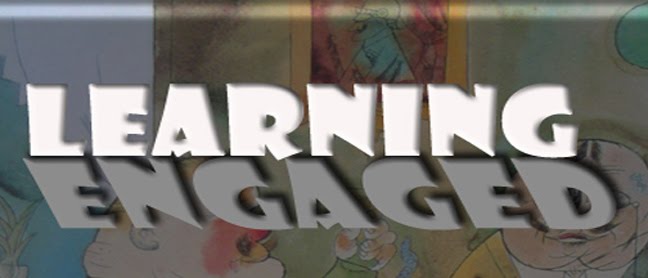Hello, all.
Just a little thank you to the Moodle group- Nellie, your voice was particularly in my head as I was having a conversation about online coursework. Taking my enthusiasm for Moodle down to Puerto Rico with me, I was enjoying the sunshine and warm Atlantic Ocean. I was chatting with a professor who had gone through Blackboard’s 3 month (!) course on learning to be a Blackboard online instructor. He was vexed about a few problems with Blackboard. Darn if we didn’t have the best conversation about Moodle and collaboration and constructive learning.
The professor was annoyed that his multiple choice tests kept freezing, creating lots of problems. We talked through this issue, and brainstormed ways to assess students without using this method. Then we moved on to the substandard textbook loaded with mistakes which he had inheritedfrom the face-to-face course. We discovered he likes the book for the Glossary,and nothing else. We dissected the attributes of the book, and how they might be replaced by links or other assignments. By this time our toes had turned to prunes.
I remembered Moodle's clever use of a Glossary created with student input by wiki. Instead of assessment through methods using short term memory, we thought it might be great to have students create the Glossary themselves. With the help of a rubric, this could be done, and done well, by the course participants.
I remembered Moodle's clever use of a Glossary created with student input by wiki. Instead of assessment through methods using short term memory, we thought it might be great to have students create the Glossary themselves. With the help of a rubric, this could be done, and done well, by the course participants.
We then talked about why collaboration could work with this assignment; with virtually any assignment. Our talk in the water was a perfect example of a collaborative effort, which I pointed out. He understood immediately.

